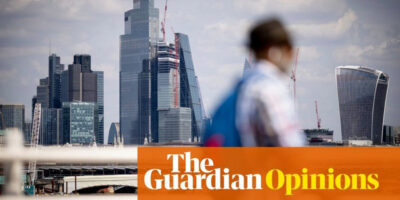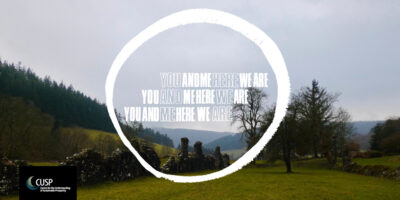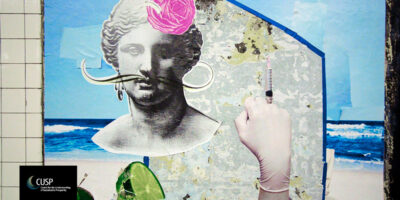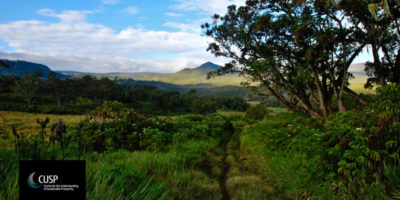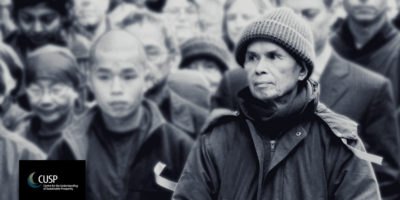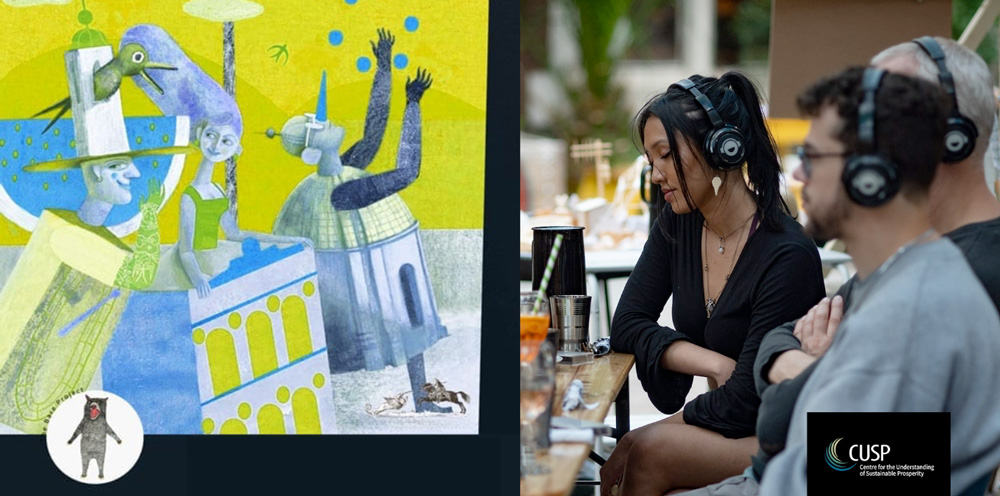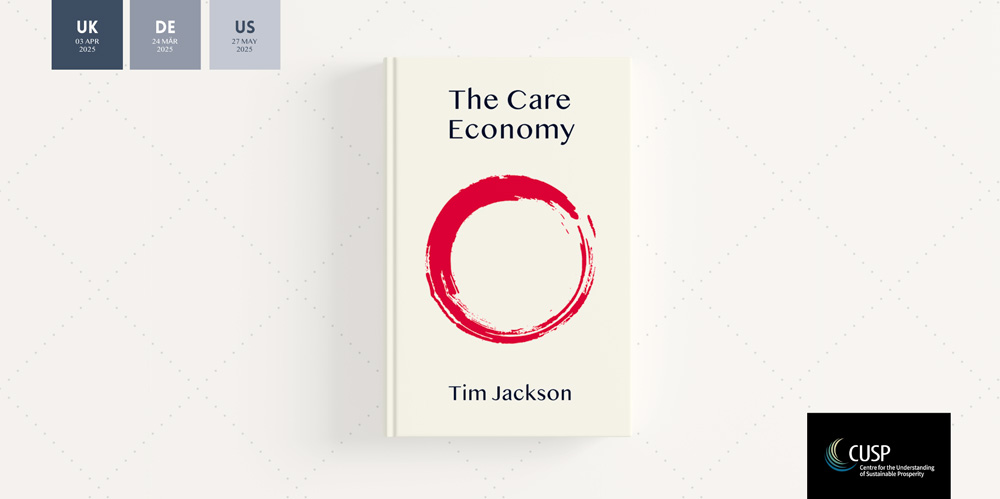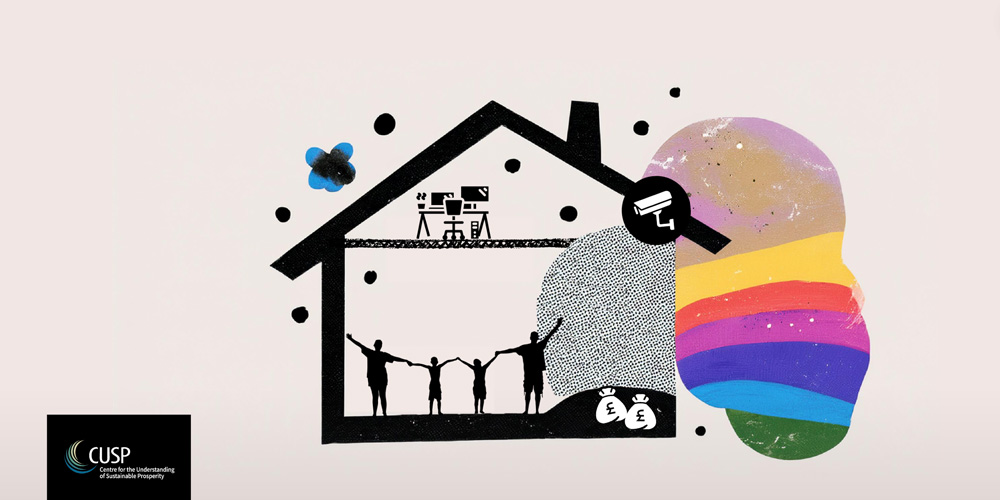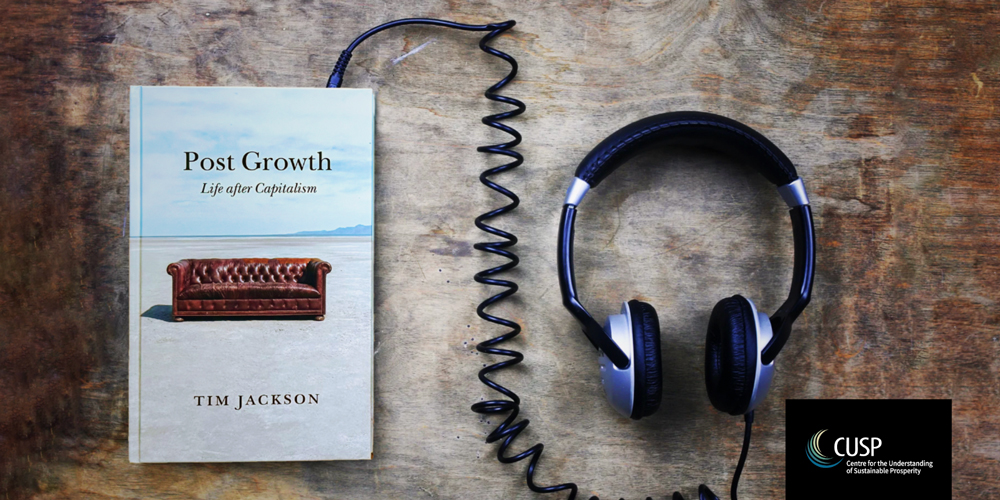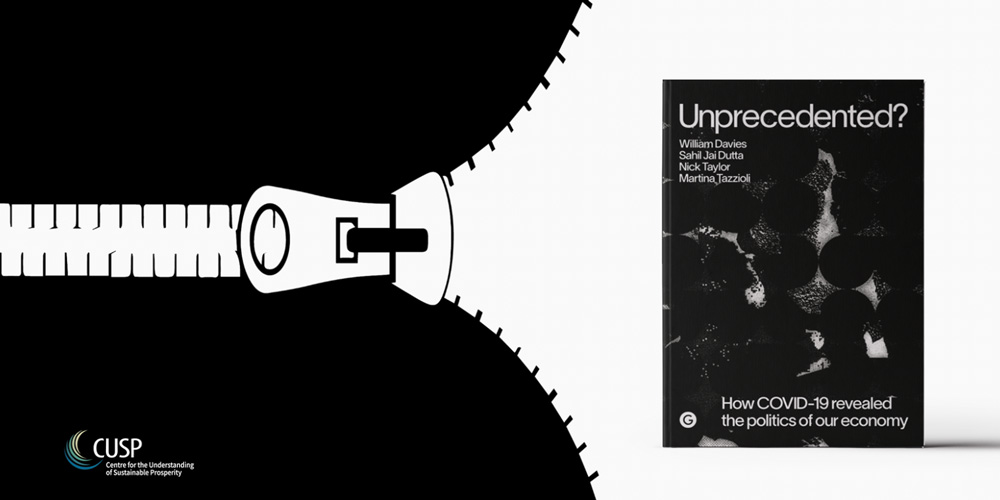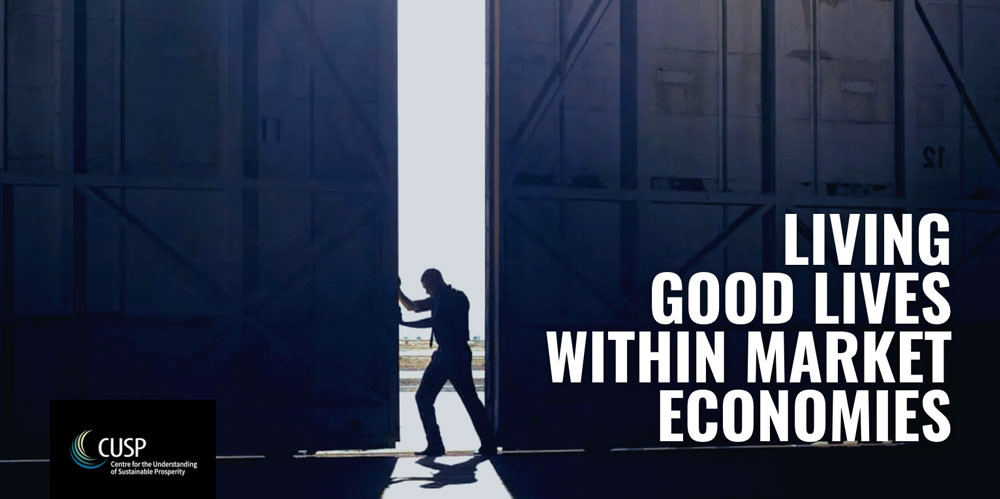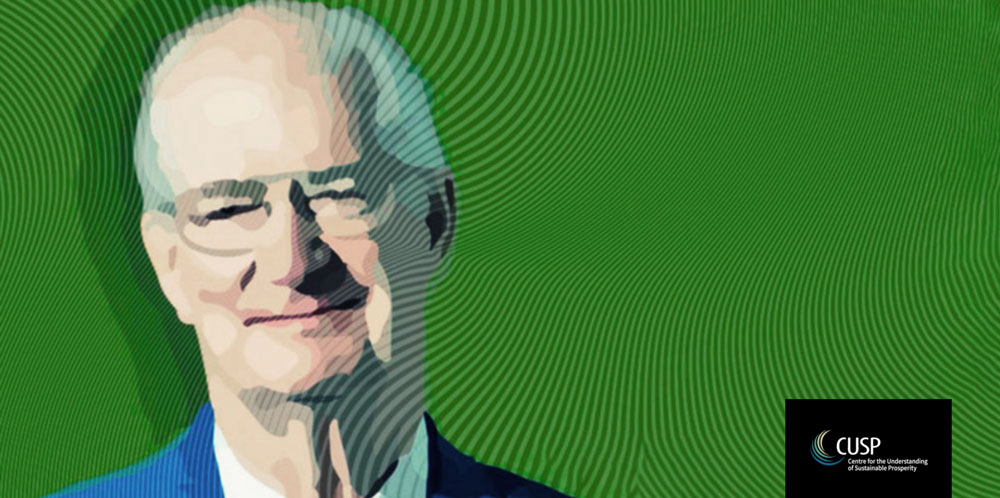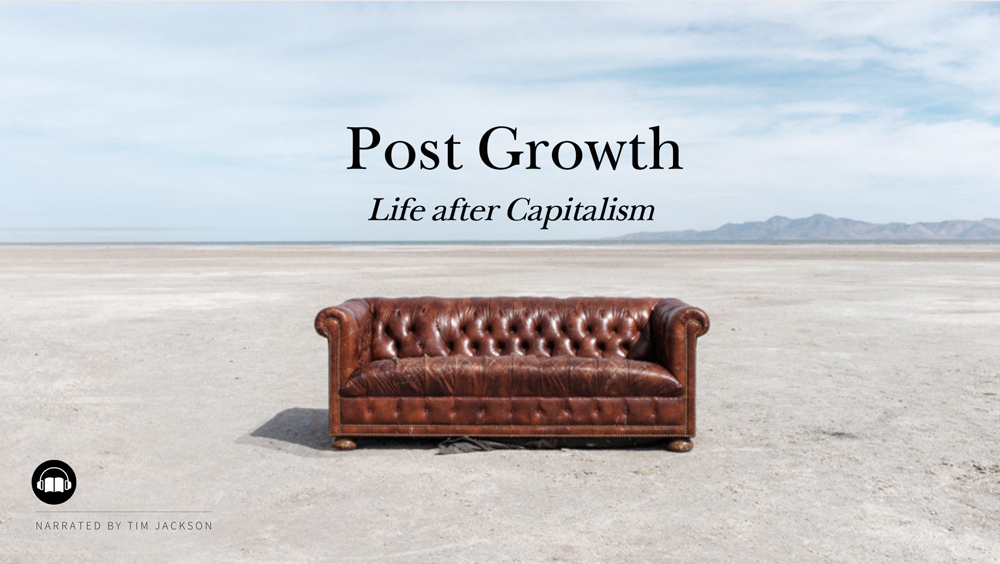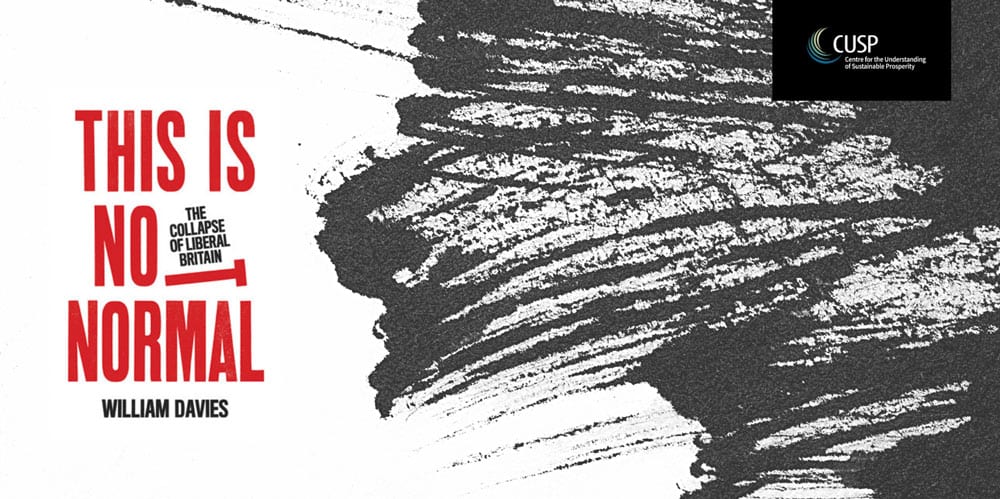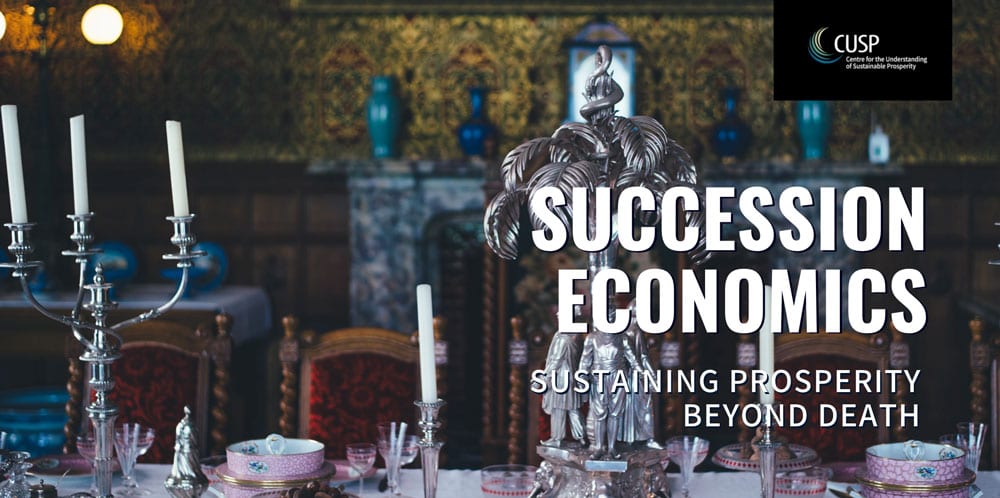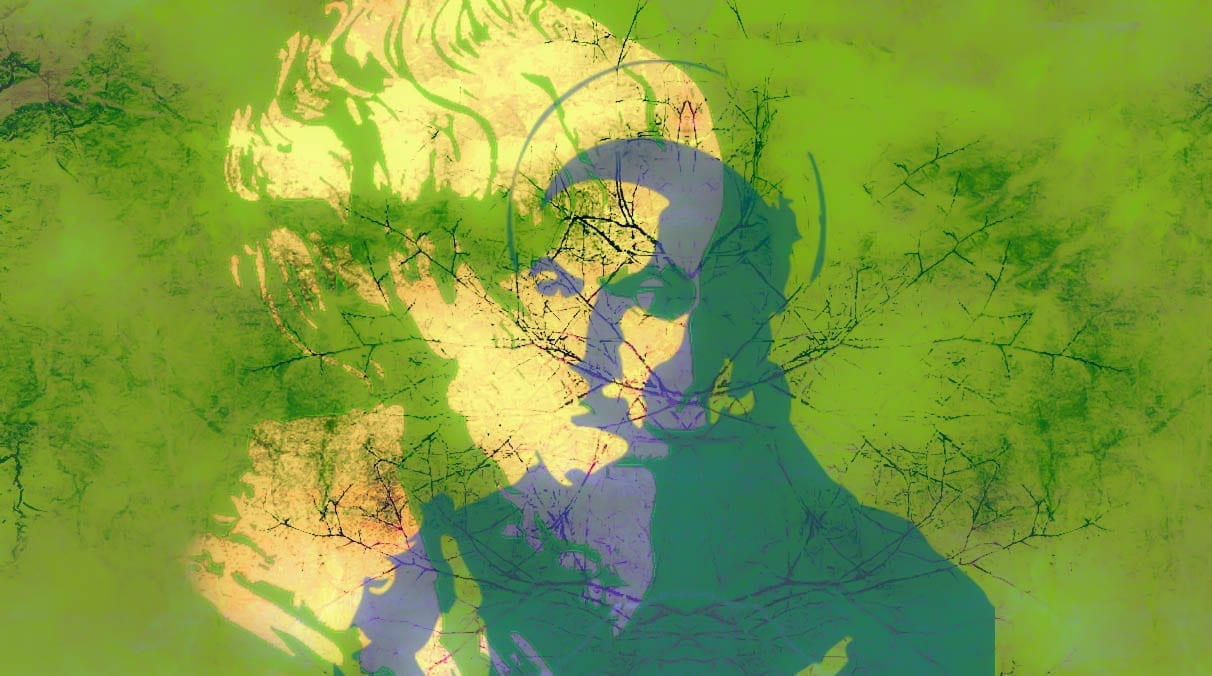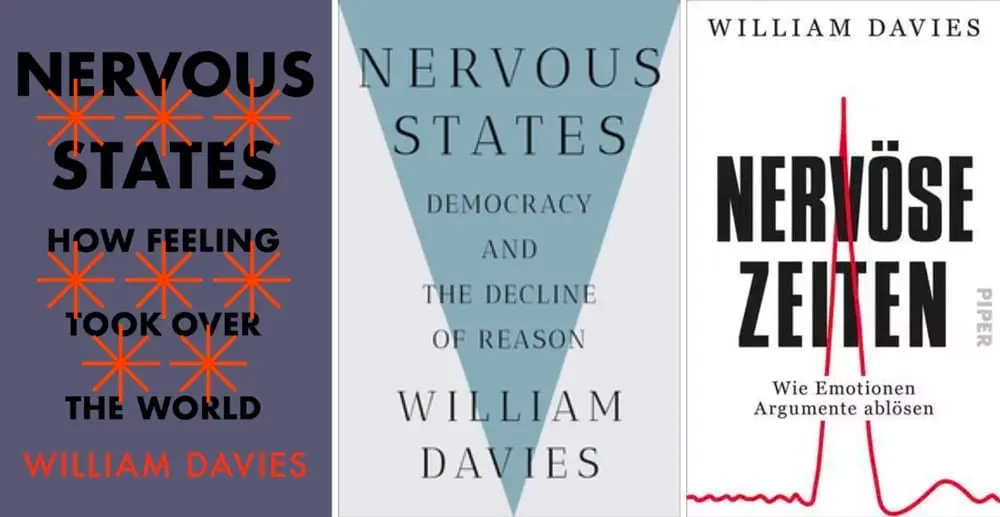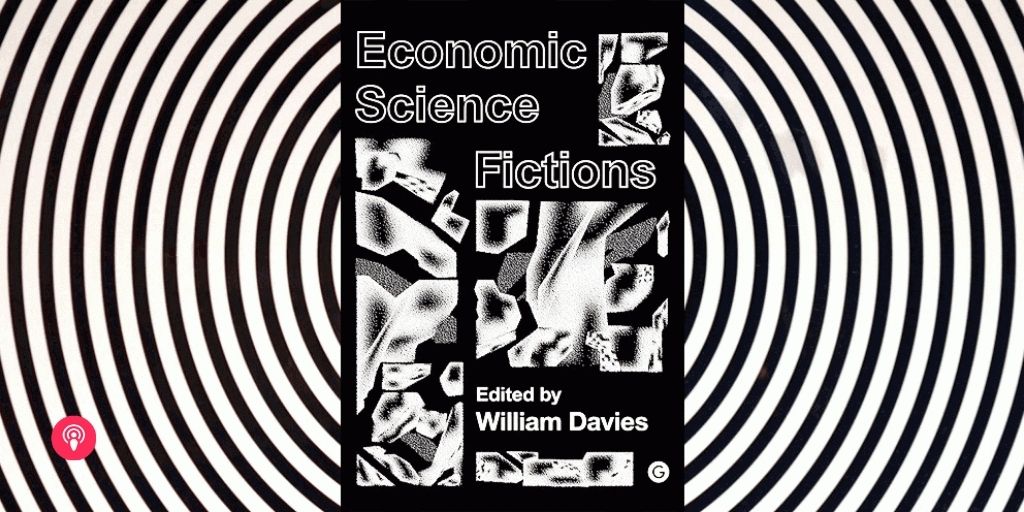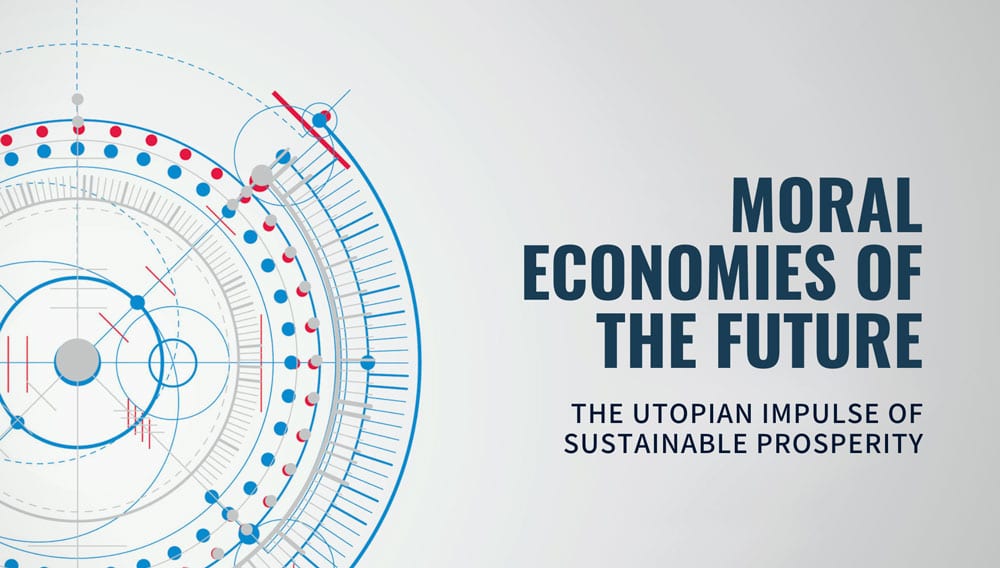THEMES / PHILOSOPHY
M | Meanings and Moral Framings of the Good Life
The foundation for our work is an understanding of the meanings of prosperity. The goal of theme M is to explore the moral and philosophical assumptions that underpin visions of sustainable prosperity. Critically, we seek to identify which pivotal institutions and political questions need to be addressed if ‘sustainable prosperity’ is to be achieved in practice, rather than just valued as an idea. Browse through updates from this theme on the news page.

Summary
The philosophy theme adopts a pragmatist and pluralistic approach to moral debate, seeking to showcase diverse philosophical and everyday theories and ideas of what ‘sustainable prosperity’ might mean. It is based on an understanding that moral philosophies need to become embedded in the institutions, commitments and ethos of economic actors, if they are to be a basis for change. The moral deficits of existing institutions, commitments and ethos of contemporary economic activity also need to be brought to light. For these reasons, the theme aims to provide a bridge between philosophical debate, dominant institutions of contemporary capitalism and intuitive understandings and notions of ‘fairness’ or ‘the good’.
Two philosophical problems in particular recur in the various work packages of this theme, which are viewed as critical to unlocking the possibility of sustainable prosperity.
Firstly, there is a concern with the good life and human flourishing. Modern economics seeks to isolate questions of ‘value’ from those of ‘values’; yet this separation also produces institutional, technocratic and political frameworks which lose sight of ethical purpose. By posing philosophical questions about the nature of the good life and its economic components, this theme aims to reconnect economic and ethical considerations and debates. One critical challenge in this respect is the problem of complexity of economic institutions (for instance, in lengthy chains of ownership of assets), which leads to a distancing of economic agency from its broader social and environmental effects. Ethical questions of the good life must be addressed within such institutional contexts, and not merely in the abstract.
Secondly, there is a concern with the future as a moral issue, whether that be in a fictional, imaginary or modelled sense. The theme uses ideas of utopias and science fiction in order to interrogate assumptions and moral visions about the future, while also engaging with latest developments in economic sociology and moral economy, which look at the techniques and principles which allow the future to be valued and represented in different ways. Moral questions of intergenerational justice and inheritance accompany this inquiry.
Blog posts
Programme
M1 | Philosophical Understandings
To explore the meaning and moral framing of sustainable prosperity, we have been commissioning papers by leading international philosophers, social theorists and political economists, each adopting a distinctive and divergent perspective on the topic. The first series was published over the course of 2017, by the authors including Melissa Lane, Roger Scruton; John Bellamy Foster, Ingrid Robeyns, John O’Neill, and Ruth Levitas. These connect questions of human flourishing with those of economic and environmental policy, seeking the normative foundations and possible institutions that might underpin sustainable prosperity in future. The papers are written with the purpose of enriching public debate, and receive written responses as they appear. The print publication of this series was launched at the 3rd Nature of Prosperity Symposium, featuring several of the essay authors. A second series was published over the first half of 2019, featuring contributions from Miriam Ronzoni, Celia Deane-Drummond, Jonathan Rowson, Isabelle Ferreras, Simon Caney and Will Davies, concluding with another Symposium 0n 15 July 2019.
M2 | Professional understandings
This programme of work focuses on professional advisors and consultants, in order to consider the way in which expertise and professional advice function in a normatively binding fashion. In particular, it looks at how explicitly moral dimensions of professional identity (duty towards the public interest of some kind) sits alongside technical matters of expertise and knowledge; and at how experts succeed in distinguishing matters of ‘efficiency’ from matters of ‘equity’. It seeks to understand how advisors transform the moral dimensions of economic activity, and look at how political philosophers have understood the role of advice within government and society.
Two strands of work are feeding into M2, being conducted by Dr Nick Taylor. The first examines the actuarial profession, to look at how traditional notions of risk are extended to deal with far-reaching social and ecological changes in the future. The second looks at professional ‘futurists’, to look at the epistemological and ethical underpinnings of their vocation and knowledge claims regarding the future. This research seeks to unpack the moral and theoretical assumptions at work, in allowing experts to make knowledge claims about the future, in a time of ecological disruption.
M3 | Everyday Understandings
This strand of work examines everyday understandings of ‘sustainable prosperity’, that is, what are the moral and philosophical underpinnings of everyday concerns with prosperity, sustainability and the future. It builds on the M1 theme, and works in cooperation with S1, to examine ways in which questions of value, justice and the future are at work in lived social, environmental and economic practices. The question of everyday ‘utopias’, as tools of orientation and hope, is foregrounded, to consider what kinds of future people imagine and plan for. This treatment of utopia as a method—as explored by Ruth Levitas in her essay for us—is developed in M3 to illuminate the visions and aspirations that guide people to sustainable futures.
M3 includes empirical research on lifestyles and ideologies that recast prosperity, and create new forms of moral economy. These include a study of communities that seek to radically reduce their consumption. It also considers ways in which ‘sustainable prosperity’ meshes with ideals of community and democracy, so as to empower people, asking how the political forces roused by populism can be harnessed and diverted towards the goal of sustainable prosperity.
M4 | International dimensions
In partnership with international civil society organisations, this piece of work hosts a series of discussions for how ‘sustainable prosperity’ is conceived as an international phenomenon. As with other areas of the philosophical strand of the CUSP research, this seeks to bridge between technical matters of economic policy and normative principles and philosophies which might provide a basis for reform and new consensus. Events are hosted, accompanied by the production of brief working papers, to take dominant concepts of international economic governance, and critically scrutinise them, unearth their latent moral assumptions and consider alternatives. A theme running through these events is the need to challenge a neoliberal worldview, in which nations are comparable to firms, competing in a ‘global race’.
Publications
This article explores anxiety as a distinct sociological issue. It looks at how earlier understandings—from existentialism and psychoanalysis—were pushed aside by medicalized psychiatry, and suggests that today’s asset-focused society may help explain rising anxiety.
Participatory performance can play a powerful role in democratic renewal by reimagining the public sphere as a space for playful, reflective, and collective citizen engagement. Malaika Cunningham and Marit Hammond show how arts-based approaches foster connection and imagination around systemic issues like climate change and structural injustice.
Forthcoming book by CUSP director Prof Tim Jackson, exploring the concept of care in the economy, its undervaluation in markets, and its profound importance for health and society. Dive into the history of medicine, capitalism’s impact on health, and the gender politics of care. Irreverent, insightful and profoundly inquisitive, The Care Economy offers a bold and accessible manifesto for a healthier and more humane society.
The article explores how modern capitalism’s shift from labour to assets creates a legitimation crisis of contemporary wealth-based capitalism, leaving wealth elites grappling with meaning, purpose, and survival in a system devoid of traditional moral justification.
Shaped by austere fiscal policy, loose monetary policy, and sustained house-price inflation in stagnant economies, Anglo-American economies have developed a new ‘domestic regime’. Along with digital platforms, a flexible labor market, and an undervalued social reproductive sector, these factors have transformed capitalism.
The paper explores energy justice narratives in popular culture, focusing on five Doctor Who episodes from the 1960s, 70s and 80s, highlighting the series’ limited critique of energy production and the class system. The show’s narratives of paternalistic rescue and technological progress remain highly relevant to current energy transition discussions.
We are pleased to announce the release of the audiobook edition of Tim Jackson’s prize-winning book “Post Growth—Life After Capitalism”. Through his own narration, Tim brings a personal touch to the profound themes of Post Growth, offering an accessible and engaging experience for audiences to absorb his insights on the go.
This paper seeks to explore how professionals in the financial sector understand the challenge that climate change presents to economy and society. It is a case study into how ‘climate-related financial risk’ is understood in a particular area of expertise—within the actuarial profession.
A critical and evidence-based account of the COVID-19 pandemic as a political–economic rupture, exposing underlying power struggles and social injustices. By CUSP researchers Will Davies, Nick Taylor, and PERC colleagues.
Almost everything is up for sale these days. The belief that markets are an invaluable instrument to direct our common economic efforts is deeply embedded in Western societies. But what role should markets play in a state of sustainable prosperity? This paper provides a review of Michael Sandel’s What Money Can’t Buy and The Tyranny of Merit.
As the first biography of Professor Herman Daly, this book provides an in-depth account of one of the leading thinkers and most widely read writers on economics, environment and sustainability. Drawing on extensive interviews with Daly and in-depth analysis of his publications and debates, Peter Victor presents a unique insight into Daly’s life from childhood to the present day, describing his intellectual development, inspirations and influence.
The economic system to which we are in thrall throws us out of balance, Tim Jackson and Julian Sheather write in this blog. By failing to meet our most essential needs it is doomed to immiserate and, ultimately, sicken us. We urgently need to regain a richer, more satisfying understanding of ourselves, and our place in the world.
Capitalism is broken. The relentless pursuit of more has delivered climate catastrophe, social inequality and financial instability—and left us ill prepared for life in a global pandemic. Weaving together philosophical reflection, economic insight and social vision, Tim Jackson’s passionate and provocative book dares us to imagine a world beyond capitalism—a place where relationship and meaning take precedence over profits and power. Post Growth is both a manifesto for system change and an invitation to rekindle a deeper conversation about the nature of the human condition.
The Financial Independence Retire Early (FIRE) community consists of individuals each personally dedicated to reducing consumption, so as to build up financial surpluses that are eventually adequate to live off. Using semi-structured interviews with leading FIRE advocates and analysis of books and blog content, this paper assesses the ambivalent moral economy of FIRE.
Mainstream environmental politics has become a largely technical, problem-solving matter of realising concrete targets—environmental politics scholarship seems to have followed suit. This article contends a solely target-driven discourse loses sight of two vital dimensions of environmental politics: radical imagination and ideology critique.
Planetary health sees neoliberal capitalism as a key mediator of socioecological crises, a position that is echoed in much COVID-19 commentary. In his essay for The Lancet Planetary Health, Simon Mair sets out an economic theory that emphasises some of the ways in which neoliberal capitalism’s conceptualisation of value has mediated responses to COVID-19.
This book by CUSP co-investigator Will Davies takes stock of a historical moment that no longer recognises itself. Davies tells the story of the apparently chaotic and irrational events, and extracts their underlying logic and long-term causes. What we are seeing are the effects of the 2008 financial crash, the failure of the British neoliberal project, the dying of Empire, and the impact of the changes that technology and communications have had on the idea of the public sphere as well as the power of information.
Contemporary economic and ecological politics frequently revolves around a fundamental problem, of what has been left to us by previous generations, and what we will leave to our successors. This has grave collective, indeed planetary, dimensions where climate change is concerned. However, as economic outcomes are increasingly determined by the power of assets and rents, so capitalist societies are witnessing a revival of dynastic forms of intergenerational advantage and disadvantage, where families and defensive legal instruments (such as trusts) sustain wealth privately.
This paper presents the results of a thematic coding analysis of a workshop comprised of senior accountants and actuaries who were asked to consider how a future of sustainable prosperity can be enabled by the finance sector. We found that mindset, skills, external drivers and decision boundaries were key themes that create barriers to change.
When it comes to the status of democracy, the current times present a curious chasm: On the one hand, the depoliticisation of contemporary discourses and institutions has led to a legitimacy crisis of democracy; yet on the other, there has been a resurgence of normative democratic ideals and practical ‘democratic innovations’ in the sphere of civil society.
In this paper, we aim to contribute to the literature on post-growth futures. Modern imaginings of the future are constrained by the assumptions of growth-based capitalism. To escape these assumptions we turn to utopian fiction.
Despite the development of the environmental state, climate change is accelerating. The concept of the ‘glass ceiling’—denoting an unexplained barrier, impeding the state from using its powers effectively to mitigate threats that it acknowledges should be addressed—has been put forward to account for this. In this paper, a structural account of this phenomenon is advanced with a view on the ‘growth imperative’.
This paper seeks to illuminate a ‘green populism’, using Hannah Arendt’s analysis of the tension between science and politics. In Arendt’s account, Western philosophy and science is predicated on a rejection of the mortal realm of politics, in search of eternal laws of nature. However, the pressing mortality of nature has pushed it back into the political realm, turning it into a political actor in its own right, Will Davies argues. Where nature itself is defined by its mortality, environmentalism and political action acquire a common logic, that could fuel a participatory, egalitarian, green populism.
In his essay for CUSP, Simon Caney argues that existing political systems are resolutely focused on the short-term and that this both harms current generations and is leading us to bequeath a deeply unfair and dysfunctional world to our descendants. To address this, we need to re-imagine ways of organising our political life to make the ‘future’ salient and visible, to jolt us out of our fixation on the present, and to induce us to look ahead and give the ‘future’ its due.
As ecological disaster looms, and states scramble to fend it off, the idea of external constraint, of ‘making’ people and firms behave sustainably, is often touted as the only way forward. In her essay, Isabelle Ferreras is making the case that it’s not less democracy that is needed, but more. She argues for the democratisation of firms as a key component of the sustainable prosperity agenda. A radically democratic conception is needed, one that takes into account goals of both efficiency and justice.
Our understanding of the world is not a spectator sport, but more like an active ingredient in societal renewal, Jonathan Rowson writes in his essay. The premise of this essay is that we need to reconsider Bildung today: to make it about our responsibility for and participation in an evolving process of social maturation that reimagines culture, technology, institutions and policies for the greater good.
In her essay for CUSP, Professor of Theology Celia Deane-Drummond explores an approach to the meaning of the good life and environmental decision-making that takes account of the human capacity for practical wisdom. Through a distinct theological lens, she is exploring how we might begin to re-channel and re-orientate our basic human self-interested desires.
Challenges to sustainable prosperity cannot be addressed successfully through a top-down approach when this enjoys no political support, nor will simply letting people take care of their own environment do the trick. The problem requires us, instead, to appreciate the negative externalities we impose on distant, unknown others and to be politically motivated by the aim to avoid that.
Why do we no longer trust experts, facts and statistics? Why has politics become so fractious and warlike? What caused the populist political upheavals of recent years? How can the history of ideas help us understand our present? In this far-reaching exploration of our new political landscape, CUSP co-investigator Will Davies reveals how feelings have come to reshape our world.
It is nearly half a century since the Club of Rome’s Limits to Growth report was published. The thesis at its core—that infinite growth is impossible on a finite planet—is a seemingly common sensical proposition. To investigate why the ‘limits to growth’ has not yet led to decisive political action, this paper examines the thought of its most explicit critics in debate, employing Wayne Booth’s ‘Listening Rhetoric’, used to understand opposing discourses on their own terms.
There has been an increasingly common trend in the UK to identify character skills and traits as the basis for various individual successes and achievements. In education policy and employment services, character has been linked to the making of successful, morally aware, employable and socially mobile citizens. This article explores the late-19th-century use of character discourses, focusing on the economist Alfred Marshall.
From the libertarian economics of Ayn Rand to Aldous Huxley’s consumerist dystopias, economics and science fiction have often orbited each other. In Economic Science Fictions, CUSP co-investigator Will Davies has deliberately merged the two worlds, asking how we might harness the power of the utopian imagination to revitalise economic thinking.
The language of capital penetrates social and environmental policy discussions at local, national and international level. Yet its appeal, John O’Neill argues, is premised on a fundamental misunderstanding of prosperity. The treatment of nature as capital is not a solution to the problems of environmental loss. Rather, it is part of the problem.
In the fifth essay in our series, Ruth Levitas argues that thinking about our ethical responsibilities in the present and for the future is helped by looking through the lens of Utopia. The Utopian approach allows us not only to imagine what an alternative society could look like, but enables us to imagine what it might feel like to inhabit it.
Is it possible to lead rich and good lives that are simultaneously just and ecologically sustainable? Yes, Ingrid Robeyns argues in the fourth of our CUSP essay series on the morality of sustainable prosperity, if we understand well-being and human flourishing in terms of human capabilities.
The publication of Prosperity without Growth was a landmark in the sustainability debate. This substantially revised and re-written edition updates its arguments and considerably expands upon them. Tim Jackson demonstrates that building a ‘post-growth’ economy is not Utopia—it’s a precise, definable and meaningful task. It’s about taking simple steps towards an economics fit for purpose.
The nature of work has divided thinkers across the fields since the Industrial Revolution. In his Marxian take on the meaning of work, John Bellamy Foster argues that the real potential for any future sustainable society rests not so much on its expansion of leisure time, but rather on its capacity to generate a new world of collective work.
Can we create communities that are both prosperous and sustainable? And can we do this while retaining democratic procedures? These are huge questions and, like others who have addressed them, Roger Scruton is by no means convinced that he has a persuasive answer. But an answer is more likely to be found, he argues, “in the legacy of conservative thinking, than by adopting the standpoint of the top-down plan.”
The field of ‘moral economy’ explores the ways in which seemingly amoral economic institutions are normatively and politically instituted. However it has tended to neglect the question of how economic actors make commitments to the long-term future, of the sort that are implied by the idea of ‘sustainable prosperity’. Anthropocenic utopias are urgently required.
Whose job is it to save the planet? Apart from a very few people the task is not in anyone’s job description. Yet, to achieve sustainable prosperity, we can’t afford to hide behind the permissions attached to our professional roles as they now stand, argues Melissa Lane in the first essay of our CUSP essay series on the morality of sustainable prosperity.

